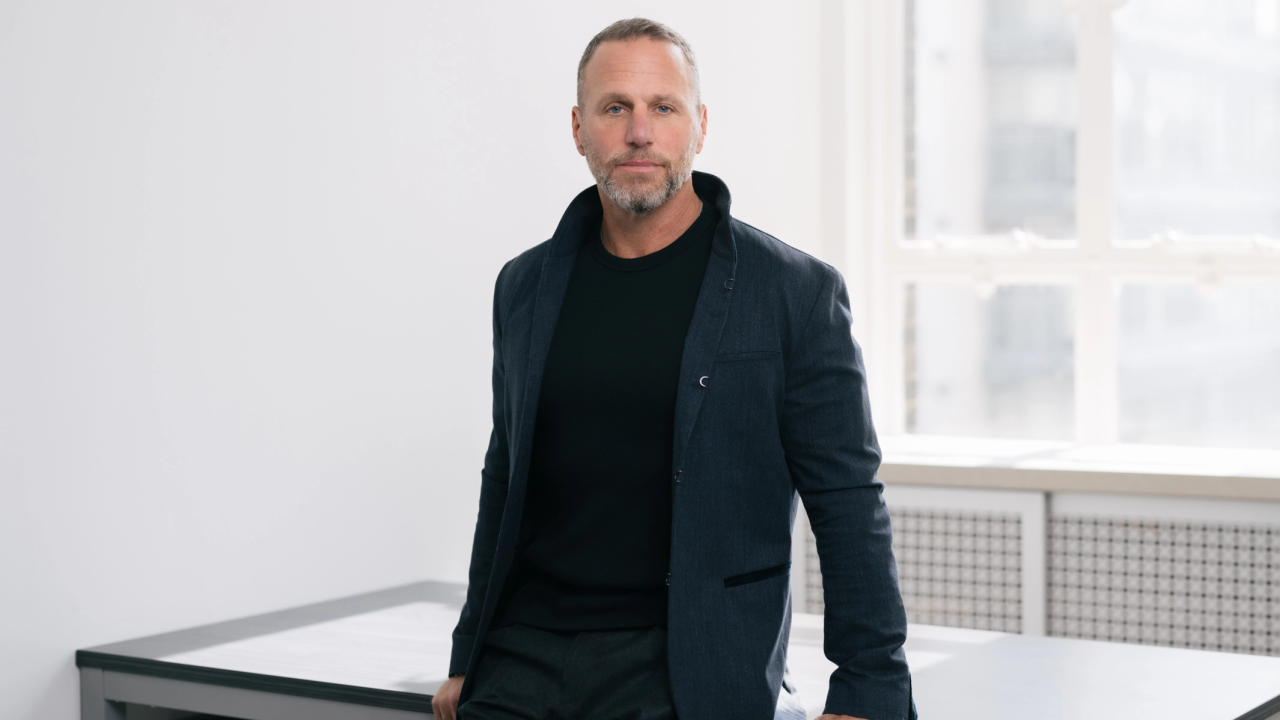Receiving Wide Coverage ...
Ante up
Facebook has signed up more than a dozen companies, including Visa, Mastercard and PayPal, each of which is putting up around $10 million to back the company’s new digital currency, which is expected to be unveiled next week. “The money would be used to fund the creation of the coin, which will be pegged to a basket of government-issued currencies to avoid the wild swings that have dogged other cryptocurrencies. It is still not entirely clear, even to some members of the consortium, how the coin will work or what their roles will be.”
Separately, Facebook has hired Ed Bowles, Standard Chartered’s European head of corporate and public affairs, as its London-based director of public policy “as it braces for greater political and regulatory scrutiny in Europe over its plans to launch its own digital currency and other financial services to its 2.4 billion users.” He will join the company in September.
Wall Street Journal
Making an impression
The naming process for Truist, the moniker BB&T and SunTrust selected for the soon-to-be merged bank, was a “great balance of creativity and strategy, of science and art, and of the heart and the mind,” said Tori Miner, director of verbal identity at Interbrand, the firm the banks hired to help come up with the name. So far, though, the name has gone over like a lead balloon. According to American Banker’s snap poll on Twitter, 68% of those voting said they hated it, compared to 11% who said they loved it.
“That leaves an opening for the company to make a good impression with its products and customer service,” Dontá Wilson, Truist’s incoming chief digital and client experience officer, told the Journal.
Top of the kingdom
HSBC “has arguably become Saudi Arabia’s most important bank as the kingdom tries to turn the page” following the killing of journalist Jamal Khashoggi last year. “The bank says it is Saudi Arabia’s biggest foreign investor in financial services, and is its biggest fee earner from investment banking so far this year and in 2018.” The U.K.-based bank “has been the top book runner for debt deals in Saudi Arabia over the past four years, during which the kingdom has issued $70 billion in international bonds.” CEO John Flint, who grew up in Saudi Arabia, where his father was a teacher, “has said his bank is in the kingdom for the long term.”
Financial Times
Reform-minded
Latvia, the center of Danske Bank’s massive money laundering scandal, “is preparing to oust its main financial regulator after passing an anti-money laundering reform on Thursday following months of intense international pressure. The new law paves the way for Latvian authorities to remove Peter Putnins from his role as chairman of the country’s main bank regulator, the Financial and Capital Market Commission. Latvia passed the reform in an attempt to avoid being placed on a grey list by Moneyval, a committee of experts on money laundering and terrorist financing at the Council of Europe,” the paper says.
Looking to lend
Amazon “appears to be gearing up” to reboot its small business lending unit, which has “languished” since its launch eight years ago. The company recently placed “job ads for dozens of positions across Europe, Asia and at its Seattle headquarters. The listings suggest that the company wants to overhaul its existing loan products, expand into several new countries and ‘turn the finance industry on its head.’”
New York Times
Moving on
Jess Ravich, “one of the most senior Wall Street executives to have been publicly accused of sexual harassment,” has left TCW, “the giant bond fund manager where he was one of the top officials.” Sara Tirschwell, a former TCW employee, sued Ravich, TCW and its CEO David Lippman early last year, claiming that Ravich “had pressured her into sex. After she stopped having sex with him, Ms. Tirschwell alleged, Mr. Ravich no longer supported the fund she had been hired to manage, making it impossible for her to succeed.”
Elsewhere
Have app, will travel
British fintech Monzo wants a space in America “as it looks to challenge the country’s established banking giants.” The company, which is partnering with Ohio-based Sutton Bank, is making its initial foray into the U.S. by offering a “few thousand cards” at events in Los Angeles. “Monzo is one of several so-called challenger banks that operate with only an ATM card and an app.”
American Banker's Penny Crosman reports some innovations Monzo introduced in Britain, include "a feature that blocks compulsive gamblers from using their cards at casinos, and making bank accounts available for homeless people."
More work to do
UBS and Credit Suisse, Switzerland’s two biggest banks, have “slightly” improved their capital positions but must make “further efforts to demonstrate that systemically important functions can be maintained without interruption in a crisis,” the country’s financial regulator FINMA said. The banks have until the end of this year to prepare resolution plans to show they can avoid a taxpayer bailout in the event of a financial crisis.
Quotable
“When it comes to consumer apps, banks are at least a decade behind the ease and feature-set of a Lyft or an Airbnb, not to mention sloth-like and unimaginative when compared to the innovation cycle in the apps we use every day.” — Tom Blomfield, CEO of British fintech Monzo, which is launching in the U.S.






